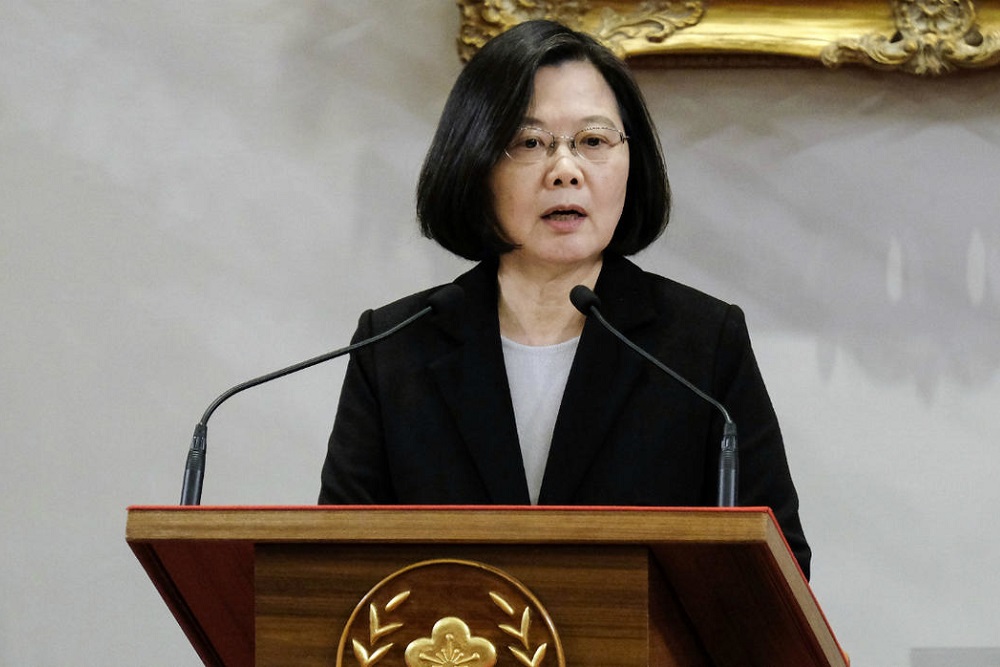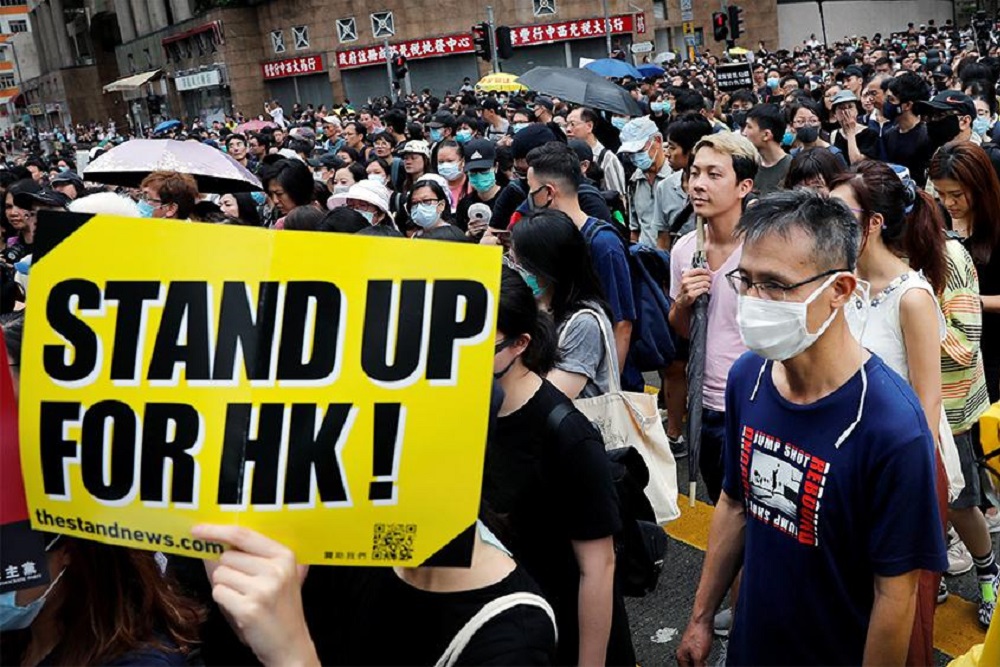Taiwan’s parliament passed an anti-infiltration act on Tuesday with less than two weeks to go before Taiwan’s presidential and general elections.
The anti-infiltration act, which is directed at curbing Chinese influence in Taiwan’s politics, was passed through the legislature within 34 days.
The law passed by the ruling Democratic Progressive Party (DPP) has been welcomed by supporters as long overdue and while the opposition Kuomintang (KMT) and critics say it threatens the country’s democracy.
The anti-infiltration act is part of an effort to combat what many Taiwanese see as Chinese efforts to influence politics and the democratic process, through illicit funding of politicians, media, amongst other methods.
The move by the ruling party further adds tension to the already strain relation between Taiwan and Beijing.
This action many suspects is a move by Tsai Ing-wen, Taiwan President to push for the island’s formal independence as pressure continues to ramped up on her since she took office in 2016.
The anti-infiltration act was inspired by the US Justice Department ordering Chinese state media to register as foreign agents under the Foreign Agents Registration Bill.
Taiwan’s new anti-infiltration act is the last leg of DPP-sponsored anti-China legislation that included five amendments to various national security laws in 2019.
The anti-infiltration bill gained momentum after Hong Kong’s anti-extradition bill protests and the defection of self-proclaimed Chinese spy Wang Liqiang to Australia in November 2019.
The new legislation criminalizes the act of helping external hostile forces organize political activities, disrupt social order or lobby lawmakers.
Defaulting carry a sentence of NT$10 million (US$334,688) fine and five years in prison.
Han Kuo-yu, the Kaohsiung mayor who is Tsai’s main opposition for the presidency, called the new act a “bad law” and pledged to review it if he is elected.
Notably, the law doesn’t name China specifically, but the government’s Mainland Affairs Council says it applies to Chinese nationals as well as Taiwanese with connections in China.
President Tsai defends the anti-infiltration act
President Tsai Ing-wen during a New Year’s Day speech defended the anti-infiltration act claiming, it is the Anti-Infiltration Act, not an ‘anti-exchange act.
Tsai stated:
We are anti-infiltration, not anti-exchange, so normal cross-strait exchanges and interactions will not be affected by this legislation, so the Taiwan businesspeople, students, and scholars in mainland China, all of those engaged in normal lives there will continue to do so without impact.
The anti-infiltration act will still undergo court rulings, which will determine it won’t impact negatively on Taiwanese freedoms or infringe upon human rights and economic exchange.
However, a handful of supporters from pro-China political parties protested outside parliament, calling lawmakers to withdraw what they see as legislation that ruins cross-Strait relations.
China-Taiwan relations
China and Taiwan have been separately ruled since the Chinese civil war of the 1940s when the Nationalists lost to the Communists and rebased their government in Taipei.
China claims sovereignty over democratically ruled Taiwan and insists that the two sides eventually unite, by use of force if needed.
Tsai Ing-wen has reportedly angered China since taking office by rejecting its condition for dialogue that each side comes to the table as part of China.
Tsai enjoys support among Taiwanese who oppose China’s influence of one day ruling their democratically run island.
Although Tsai’s main election opposition Han Kuo-yu of the Nationalist Party favors restarting talks with Beijing on its condition that both parties belong to a single China if elected.
As we go to press…
Despite opposition and protests against the anti-infiltration act, Taiwan’s lady president continues to build a legal “safety net for democracy” and sternly briefed the armed forces on its rigorous implementation.
This morning I convened a national defense meeting, where I issued three major tasks to our armed forces. The best way for us to honour the memory of the fallen is to ensure Taiwan’s security & maintain military morale.

President Tsai also called for stability after a helicopter crash killed a top military official, and said he will receive posthumous promotion taiwannews.com.tw/en/news/3849709







